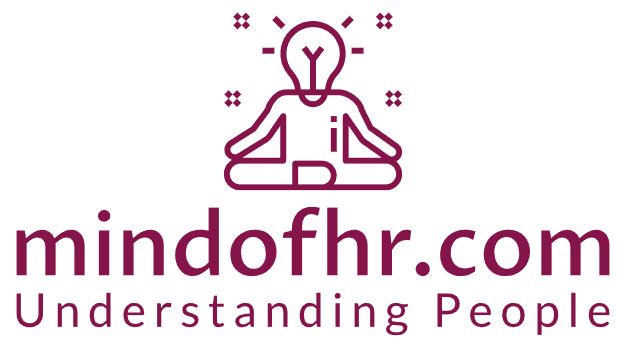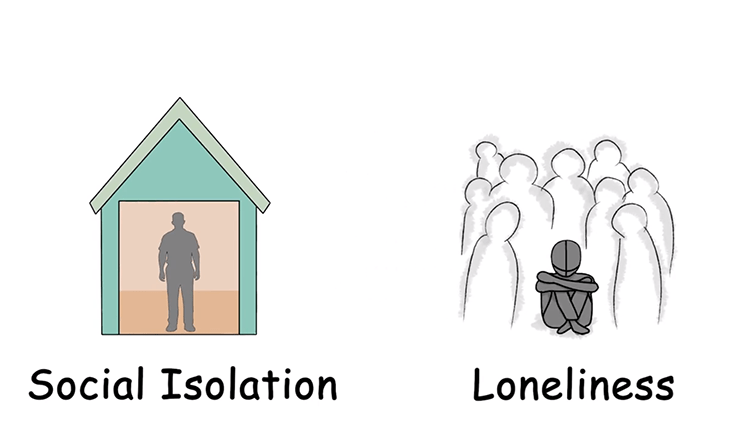In an era characterized by unprecedented connectivity, the pervasive issues of social isolation and loneliness cast a shadow over individuals of all ages. The intricate neuroscientific underpinnings of these phenomena reveal that the human brain is inherently wired for social connection. Strikingly, the absence of such connection can induce profound negative effects on both mental and physical well-being. This article delves into the depths of neuroscience to unravel the mysteries of social isolation and loneliness, offering not only an understanding of the neurological processes involved but also impactful strategies to mitigate these pressing challenges.
The Neuroscience of Social Connection:
Within the intricate web of the human brain, neurotransmitters such as dopamine, serotonin, and oxytocin emerge as pivotal players in the symphony of social bonding. Positive social interactions act as catalysts, releasing these neurotransmitters and fostering a cascade of emotions, including happiness, trust, and a profound sense of connection.
Conversely, the stark reality of social isolation triggers the release of stress-related hormones, most notably cortisol. The surge of cortisol levels can lead to heightened anxiety and deepening depression. Chronic loneliness, echoing through the neural pathways, leaves an indelible mark on the brain’s architecture, particularly affecting regions associated with emotional regulation and decision-making, thereby compounding the mental health challenges.
Understanding the Impact:
The repercussions of social isolation extend beyond mere emotional distress, venturing into the realm of cognitive decline. Studies underscore a concerning link between prolonged social isolation and an increased vulnerability to conditions such as dementia. In stark contrast, regular social interactions act as a cognitive panacea, stimulating the brain and fortifying cognitive function and resilience.
Mental health bears the brunt of loneliness, intertwining with conditions like depression and anxiety. The absence of a social support system exacerbates existing mental health disorders, adding an additional layer of complexity to the path to recovery.
The mind-body connection takes center stage in the physical health implications of social isolation. Research illuminates tangible effects such as heightened inflammation, cardiovascular issues, and a compromised immune system. Thus, addressing loneliness becomes imperative not only for mental well-being but also for holistic health.
Strategies to Combat Social Isolation and Loneliness:
Cultivate Profound Connections:
Move beyond casual interactions and actively seek out meaningful social opportunities, whether through community groups, clubs, or curated online platforms. Nurture deeper connections by opening up and sharing personal experiences and feelings with trusted individuals.
Leverage the Power of Technology:
Harness video calls and messaging apps to bridge physical distances, ensuring continuous communication with friends and family. Participate in online communities aligned with personal interests, offering virtual platforms for social interaction and shared passions.
Volunteer and Give Back:
Engage in volunteer activities to contribute to the community, concurrently fostering social interactions and instilling a sense of purpose.
Physical Exercise as a Social Endeavor:
Regular exercise emerges as a dual solution, releasing endorphins to alleviate stress and enhancing mood, while group activities like fitness classes amplify the social aspect.
Mindfulness and Self-Compassion:
Incorporate mindfulness practices, such as meditation, to effectively manage stress and elevate self-awareness. Practice self-compassion by acknowledging and being kind to oneself, recognizing that periods of loneliness are a shared human experience.
Professional Support:
Seek professional help if feelings of loneliness and isolation persist, with therapists and counselors offering invaluable support and tailored strategies for coping.
Conclusion:
Understanding the neuroscience behind social isolation and loneliness underscores the paramount importance of prioritizing social connections for overall well-being. Proactively cultivating meaningful relationships, harnessing technology for virtual proximity, engaging in purpose-driven activities, and seeking professional support when necessary all stand as proactive measures against the pervasive loneliness epidemic. In recognizing the brain as a profoundly social organ, individuals can embark on a journey towards optimal functioning, fostering a healthier, more fulfilling life through the nurturing of connections.











